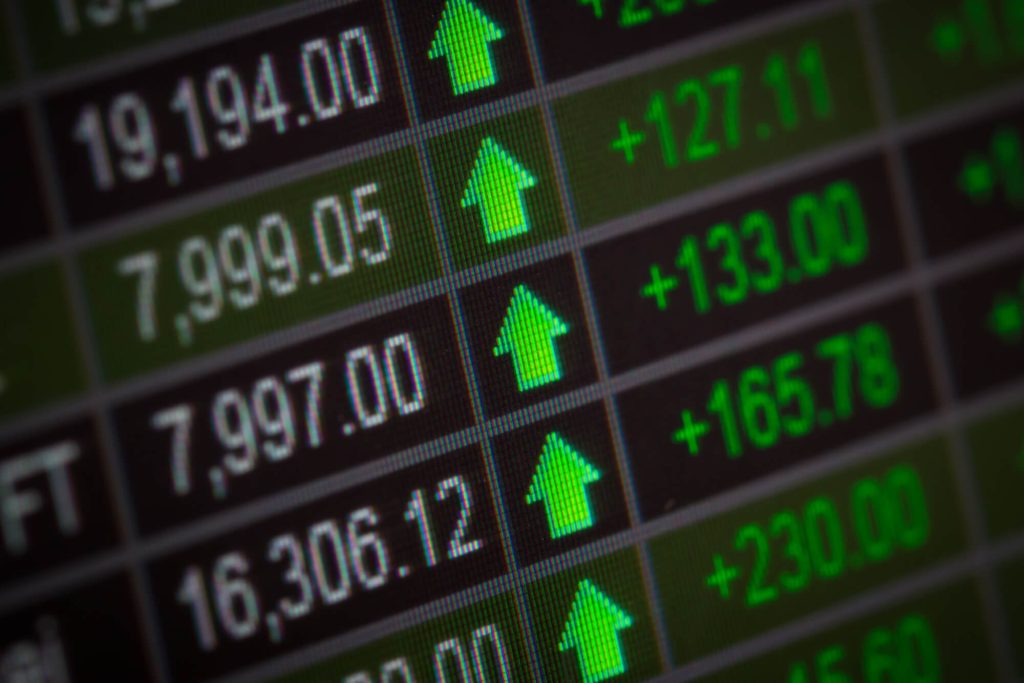
Introduction
Deutsche Bank’s annual default study reveals an impending wave of corporate debt defaults in both Europe and the United States, which could potentially lead to a recession. In this article, we will examine the study’s findings and provide trading recommendations based on the insights provided. It is crucial to understand the risks associated with high-yield bonds and loans, as well as the importance of diversification and monitoring market conditions.
The Risk of Corporate Debt Defaults
Deutsche Bank’s research highlights the rising risk of corporate debt defaults in the U.S. and Europe. The aggressive interest rate hikes witnessed in the past year have contributed to this growing concern. The bank emphasizes that the credit boom of the last two decades, characterized by low-interest rates and steady economic growth, has led to increased loan sizes for financial institutions. However, the gradual tightening of credit conditions is expected to trigger a wave of defaults and potentially result in a recession.
Trading Recommendations
To navigate these uncertain times, it is crucial to adjust trading strategies accordingly. Here are some recommendations based on the findings:
- Reduce Exposure to High-Yield Bonds and Loans: Given the projected peak in default rates in the coming years, reducing exposure to high-yield bonds and loans is advisable. This precautionary measure aims to protect returns and principals.
- Increase Investments in Higher-Rated Bonds and Eurobonds: Opt for higher-rated bonds and Eurobonds, as they carry a relatively lower risk of default and benefit from greater financial support in Europe. This shift in investment focus can provide a more secure foundation for your portfolio.
- Consider Safe-Haven Assets: During credit crunches and recessions, market panic and volatility tend to rise. As a result, increasing exposure to safe-haven assets like gold and U.S. dollars can offer stability and act as a hedge against turbulent market conditions.
- Evaluate High-Growth Sectors: Exercise caution when investing in high-growth sectors such as technology. These sectors typically carry higher debt levels and can be more affected by tighter credit conditions. Ensure your portfolio is well-diversified across different sectors to mitigate risk.
- Stay Informed and Adapt: Market conditions and economic indicators are subject to change. It is essential to closely monitor credit markets and economic trends. Flexibility in adjusting positions and trade direction based on evolving conditions can help maximize returns and minimize risks.
Deutsche Bank’s Insights
Deutsche Bank’s study indicates that the default rate in the U.S. is projected to approach levels seen during the 2008 financial crisis. However, the overall credit bubble situation is not expected to be as severe as it was back then. The bank’s cyclical indicators suggest an impending wave of defaults in the next 6-12 months, as tightening policies by central banks collide with high leverage.
The possibility of a recession is also heightened by tighter credit conditions. Deutsche Bank’s U.S. credit recession indicator shows an increased likelihood of the U.S. economy entering a downturn, with the reading at the highest level since the outbreak. These insights underscore the urgency to take necessary precautions and adapt investment strategies accordingly.
Market Outlook and Cautionary Notes
Wall Street has been anticipating a credit crunch, particularly after the collapse of Silicon Valley Bank. Major banking institutions, including Morgan Stanley, have tightened lending with unprecedented intensity. As a result, the likelihood of a U.S. recession in 2023 has increased. Bank of America warns that a full-blown recession combined with a credit crunch could potentially lead to corporate debt defaults amounting to $1 trillion.
Disclaimer
The opinions and information presented in this article are for informational purposes only and should not be considered as investment advice or recommendations.
Investors should conduct their research and evaluation of markets, securities, and other investment instruments before making any investment decisions.
It is crucial to carefully consider individual risk tolerance and financial situations when investing, as all investments carry inherent risks.
We are not responsible for any direct or indirect losses resulting from the use of or reliance on the information provided in this article.




